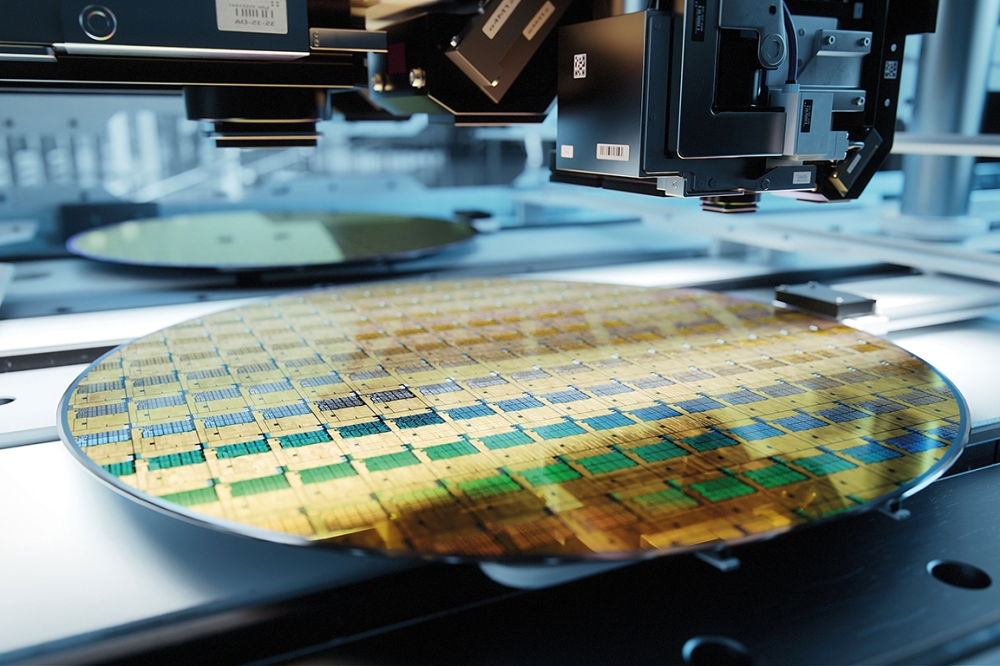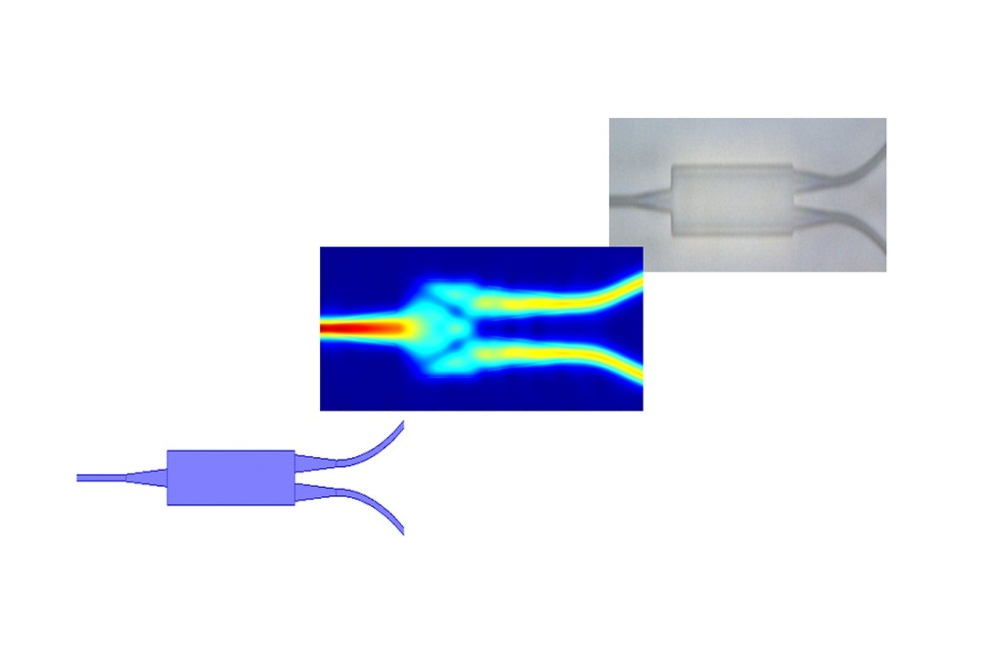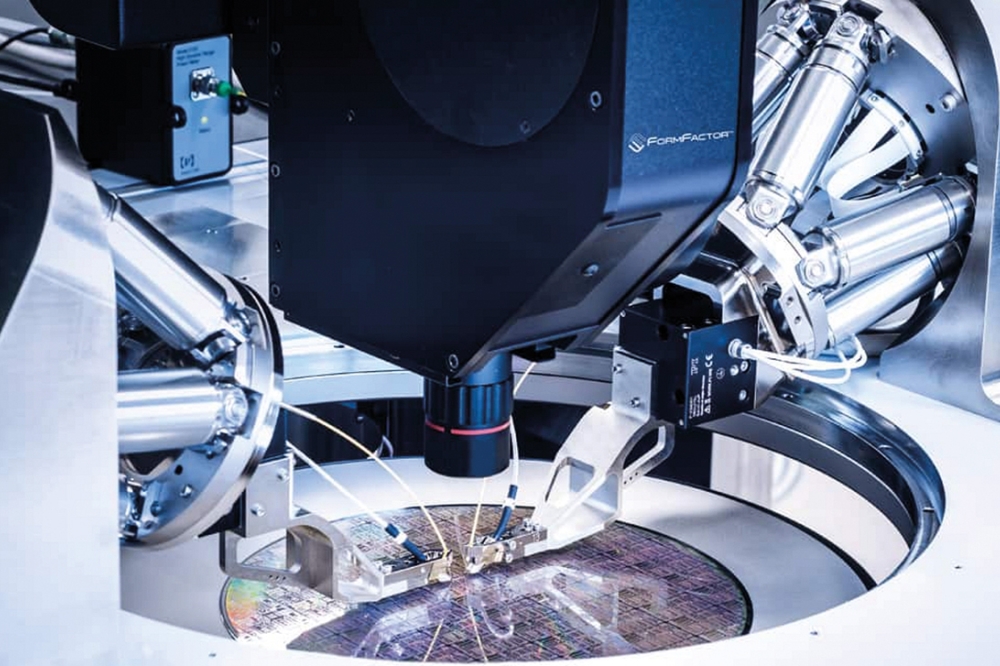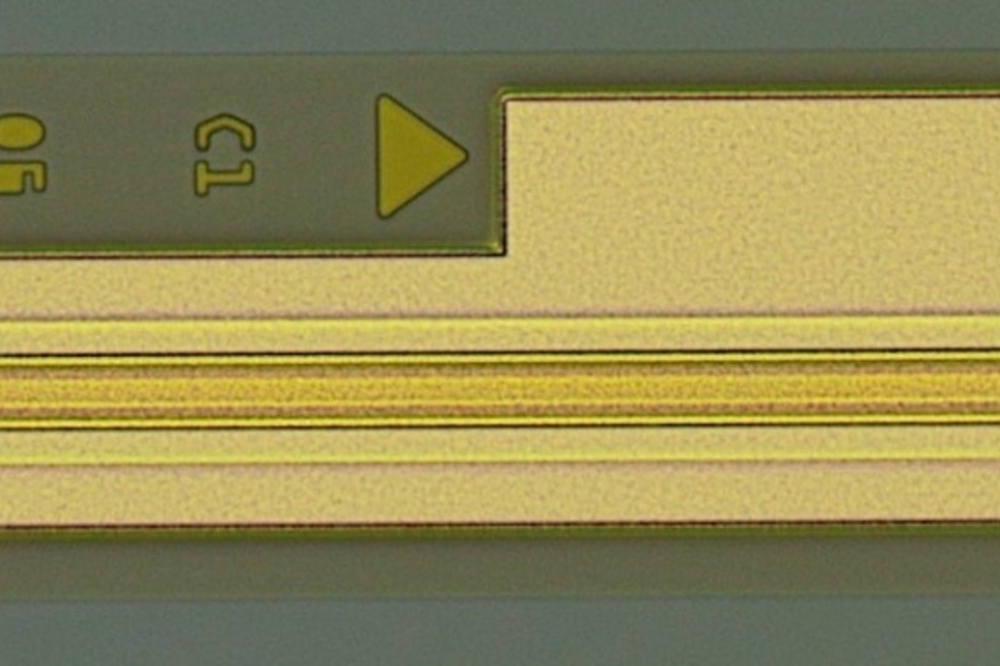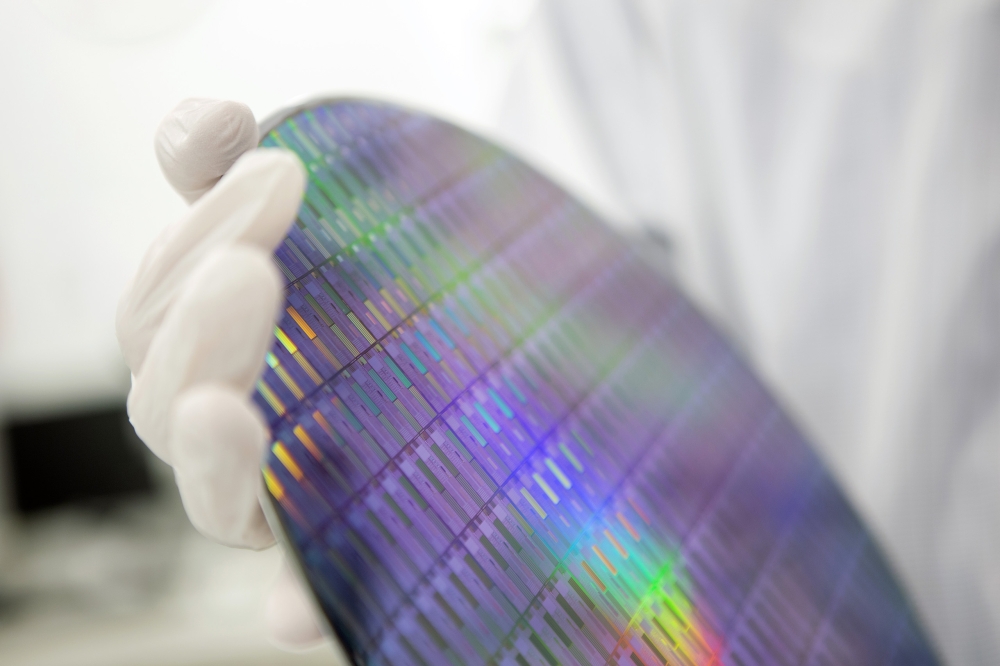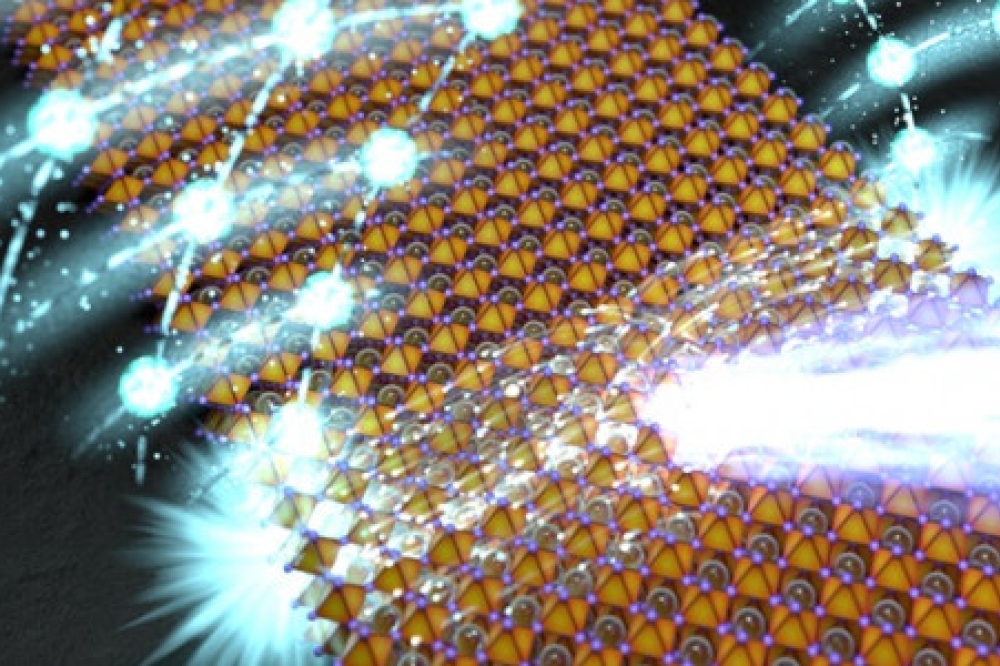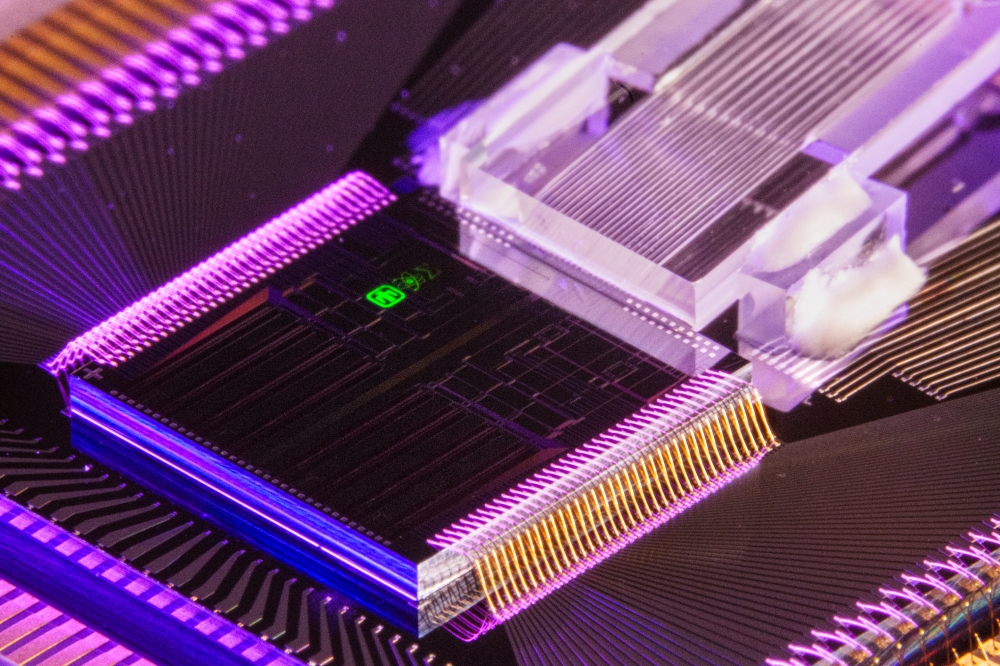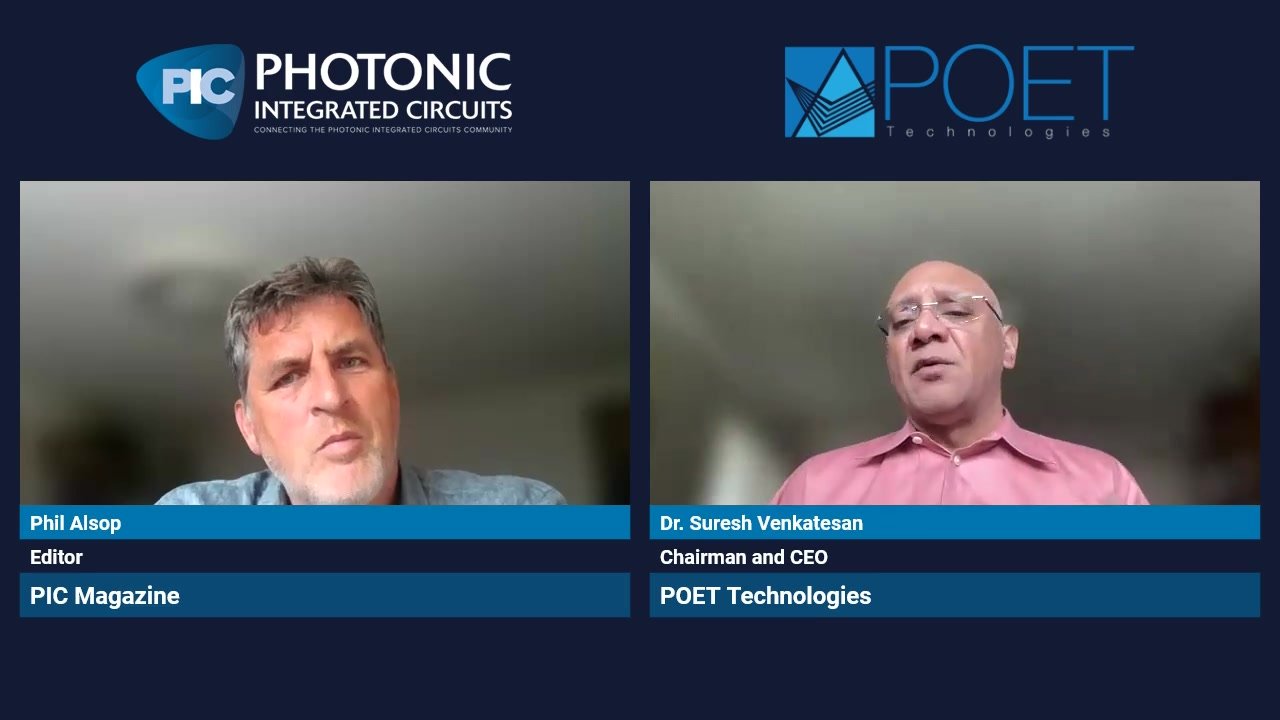LioniX strengthens PIC partnership
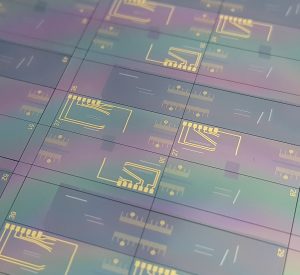
Collaboration with the Academic Medical Centre (AMC) of the University of Amsterdam looks forward to clinical testing of PIC-based optical coherence tomography modules
LioniX International (LXI) and Academic Medical Centre (AMC) of the University of Amsterdam have strengthened the collaboration of their activities in the field of PIC-based Optical Coherence Tomography (OCT) modules.
Their agreement accelerates the development of PIC based OCT modules with a clear link to the clinical testing. Furthermore, both parties are participating in an EU funded Eurostars proposal (OCTIC), that will further integrate the OCT system by hybridly integrating the laser source into the OCT module.
LXI's TriPleX PIC platform is based on silicon nitride realised by Low Pressure Chemical Vapour Deposition. With its low loss properties over a broad wavelength range, TriPleX is said to be extremely suitable for OCT modules in a variety of wavelength ranges. (The latest status of the development at LXI will be presented during Photonics West.)
"Our PIC based technology enables handheld OCT modules for a broad range of applications", says Hans van den Vlekkert, CEO of LXI. "With AMC we have found a partner that supports our OCT module development with their state of the art expertise and a clear link to the clinic."
Within the Biomedical Engineering & physics department of the AMC, the application of light in medicine is a major research topic. Optical Coherence Tomography (OCT) is one of the main imaging modalities that is being used both for basic and clinical research.
"OCT is the "˜work horse' of the biomedical photonics research field", says Ton van Leeuwen, head of the department. "Integrating the components in photonics chips will further increase both the technical and the clinical capabilities of OCT. Furthermore, PICS based OCT will not only make the current applications cheaper but also broaden the application scope."
The Academic Medical Centre of the University of Amsterdam is one of the leading research institutions in the Netherlands, as well as one of its largest hospitals. The research of the Biomedical Photonics group focuses on the physics of the interaction of light with tissue to gather quantitative, functional and molecular information.











